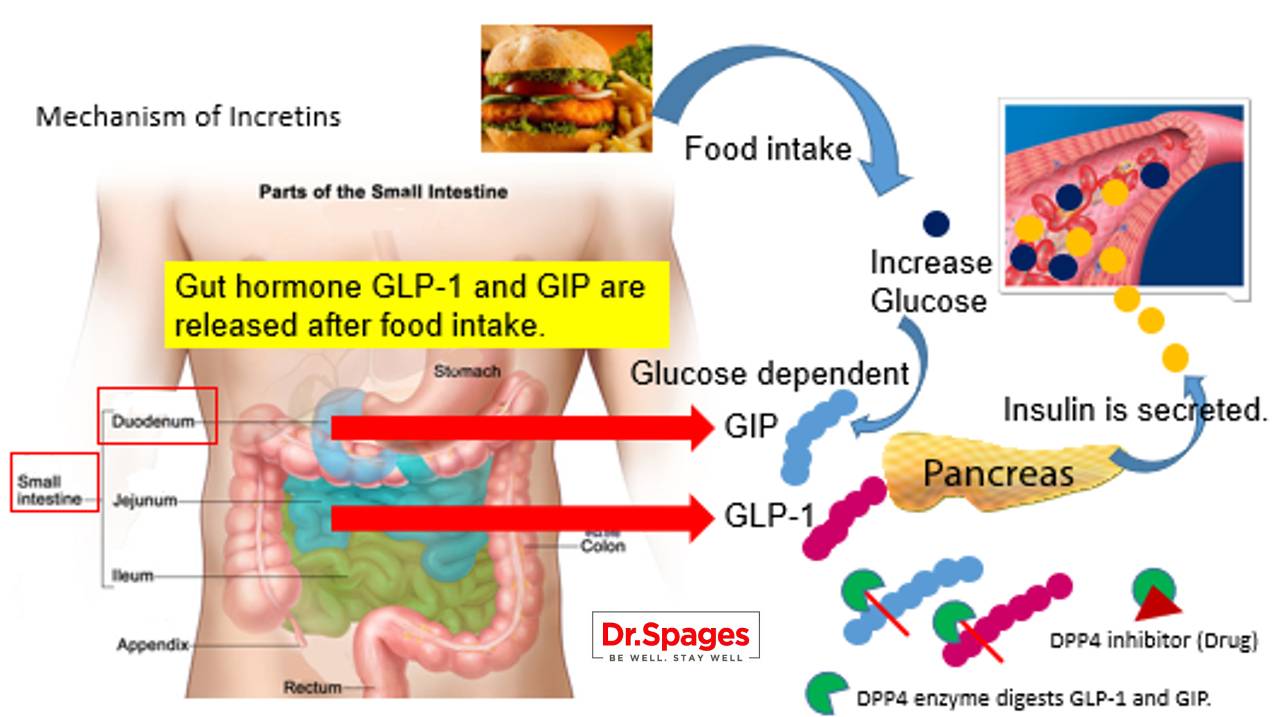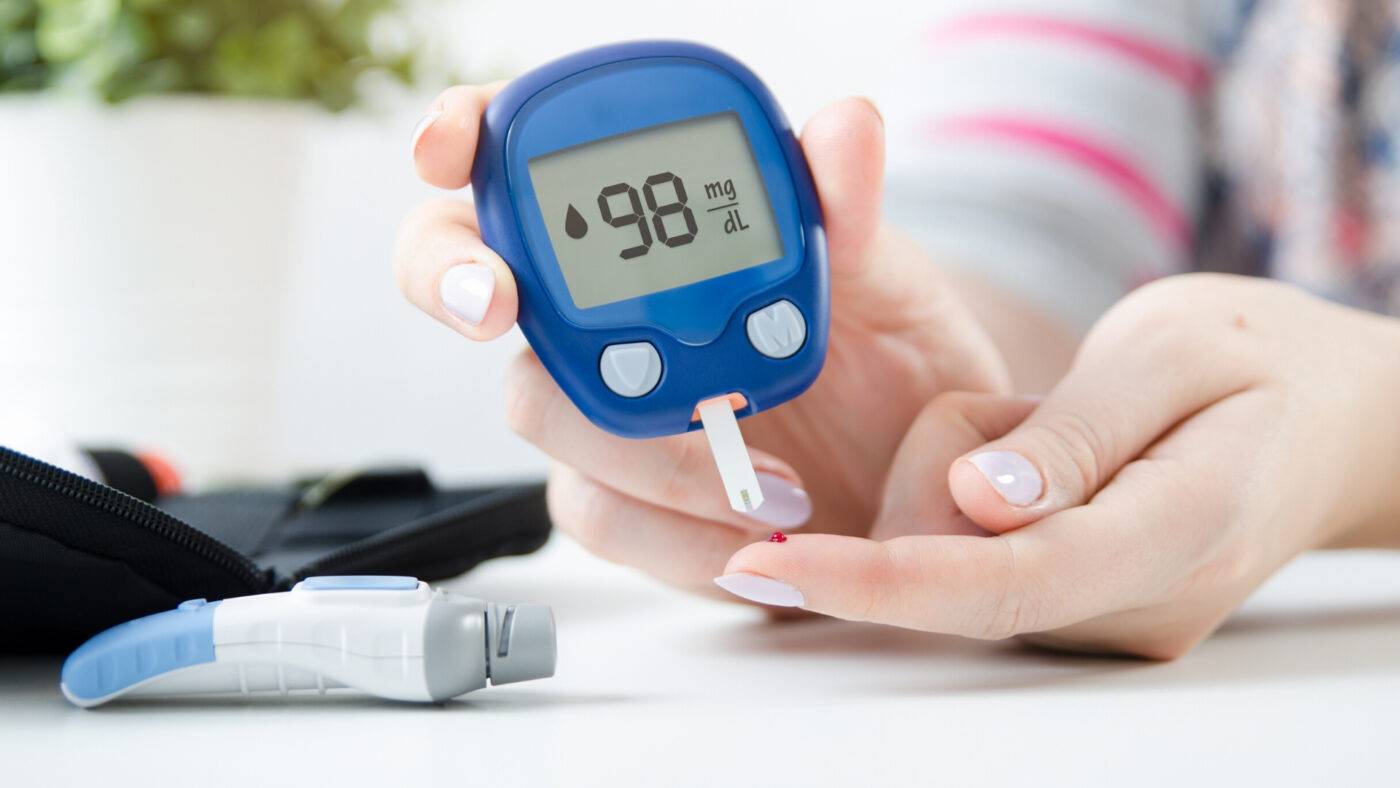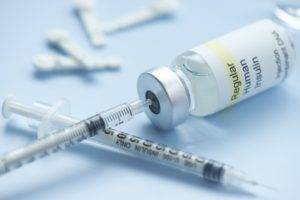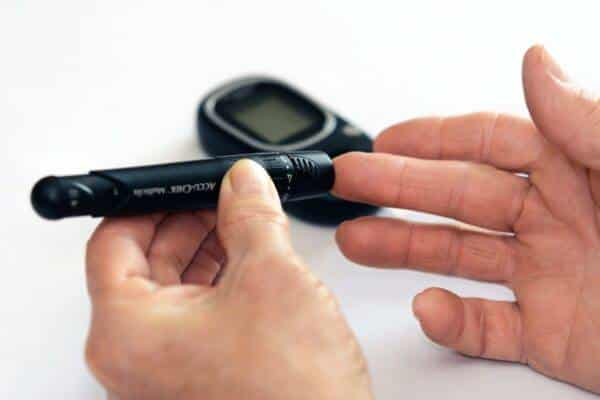
What To Look For When You Get Blood Labs Done?
What To Look For When You Get Blood Labs Done?
Hi. This is Dr. Jonathan S pages. i I’m doing another video for anybody who has diabetes or knows somebody with diabetes. I’ve been successfully reversing diabetes for years with thousands of patients walking full blown diabetic, walking out of my office many times, not diabetic, off medications, losing weight, full of energy.
Pretty remarkable. Okay, so today what I want to talk about is blood work and the approach that I take, which may be different than what your experience is if you are are diabetic. So most of the time when people are diagnosed as a diabetic, they find out from basic blood work. The two big ones that most doctors look at, as well as you’re probably familiar with, is glucose levels. Another one is called a one C.
Glucose is kind of what’s going on in the body, right? Then a one C is over a long period of time. This is actually how you get diagnosed as a diabetic in the first place. Right? If your A one C is at a certain range, as well as your glucose levels are a certain range, if it hits this range, they put the label you’re a diabetic.
That tells you you’re a diabetic, right? Which is pretty obvious because maybe you know this because you’ve gained weight or your energy is an issue or something else is off. However, the question comes down to, well, what else is there? What else could be in the blood work? What could be there that maybe your doctor is not looking at or you’re not familiar with?
So I practice something called functional medicine. Functional medicine is where you don’t just run the basic testing. You literally run tests. Like when I run a panel of blood on somebody, I don’t just run the basic stuff, the lipid panel, which is your cholesterol, or CBC or metabolic panel, or a one C. I run about another 33 more tests.
And the question is, why would you run that many tests? Isn’t that ridiculous? Well, the answer is no, because you really want to figure out what’s causing your diabetes, what inflammatory markers are an issue, what other factors could be an issue related to your blood sugar. So if you only have a small amount of information, you only have a small amount of information to really kind of build upon a case. So I always look at the more information you have, don’t leave a rock and turn.
Especially related to diabetes, I think the better it is for anybody who’s been diagnosed as a diabetic. So when you actually deep dive and you really see all these other inflammatory markers, that’s really kind of the hidden things behind the disease many times. And here’s the kicker. This is actually kind of crazy. So diabetes is an inflammatory disease, right?
Your body is on fire. Things are breaking down. They shouldn’t be. However, on that basic blood work that gets done on a typical routine basis, whether it be every three or six months. You know, there’s really very little if none of inflammatory tests they actually look at.
So you figure, like, well, if you have an inflammatory disease, why don’t you want to know how much inflammation there? What do you want to know if it’s, like, a lot of inflammation or a little inflammation? And that’s why it’s so important to run all the right inflammatory tests, so make sure you’re getting them done really important. If you like more information about my approach about reversing diabetes, click the links below. Or if you want to work with me one on one, there’s also a link below.
All right, so I hope you got something out of this for you or your loved one. Really important. You got to know the data to know what to do to get better. All right, so anyway, thank you for watching, and have a great day.








